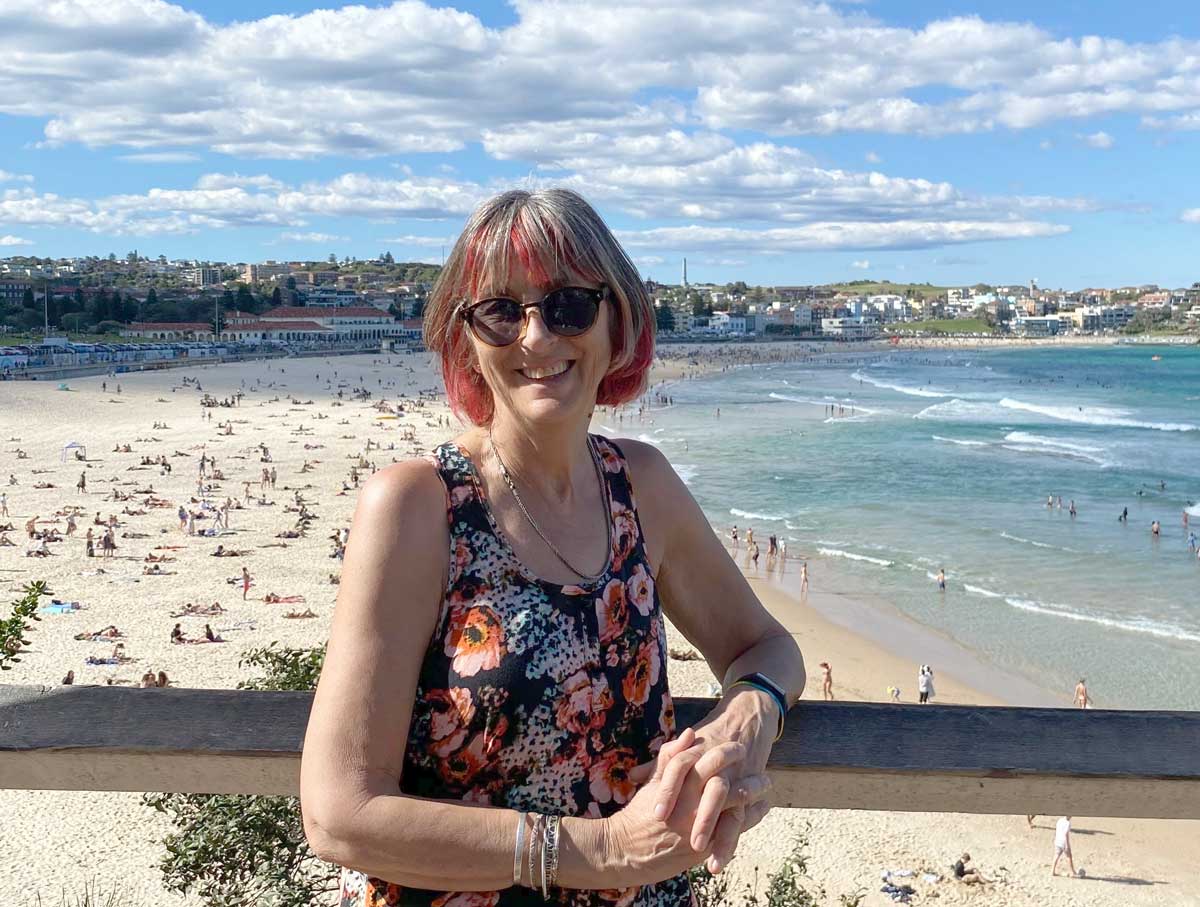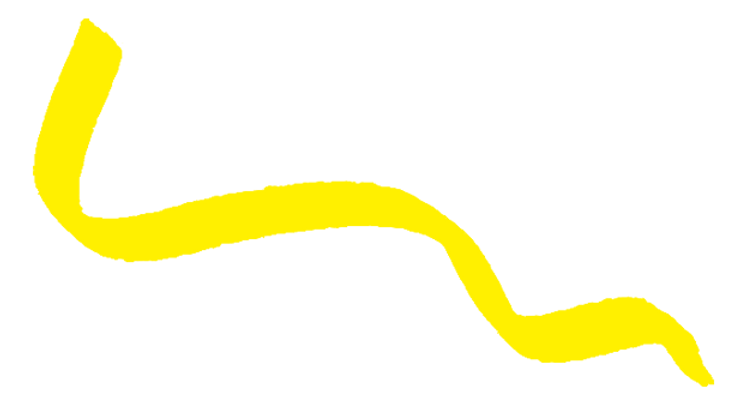When Jane Kirk discovered a lump during a yoga class, she never imagined it would lead to a rare blood cancer diagnosis. Here, she shares her journey through uncertainty, self-advocacy, and finding reassurance with the right support.
I first realised something was wrong in September 2024 while I was doing yoga.
I was in a bridge pose when I noticed that one side of my pelvis didn’t feel flat. Afterwards, I felt around and discovered a lump in my groin.
I went straight to my doctor in France where I live, who confirmed not one but two lumps. She arranged an ultrasound and later a CT scan, which confirmed they were ganglions (probably a less scary word than “lymph nodes”) in my groin and trunk area.
I was then booked for a blood test, and when I went back for the results, my GP had already arranged an appointment with a haematologist. That’s when I knew something really wasn’t right.
But I had to ask the haematologist outright: “Is this cancer?” He said he wasn’t sure—but if it was, it probably wasn’t the kind I needed to be too worried about.
Living with uncertainty
The anxiety during this time was hard to deal with. It took about three months to get a diagnosis. I had flights booked to see my daughter in Australia in April 2025 and kept wondering: am I even going to be going?
Because I didn’t know what was going to happen, or whether it was serious, I didn’t feel I could tell anyone. It was an awful, lonely time.
Three months after that first appointment, I finally received a firm diagnosis. Rather than bringing clarity, it made things worse. The haematologist simply read from his computer screen—reeling off every possible manifestation, from peripheral neuropathy to blindness to headaches and ear pain. I couldn’t keep up.
Then he handed me a leaflet that turned out to be six years out of date and told me to come back in six months. I walked away thinking he didn’t really know what he was talking about.
Finding support
I did what most people would do: I Googled. The first thing I read was that I had three to five years to live. That was awful. Thankfully, I soon found Waldenstrom’s France, and through them, WMUK and the international groups.
When I discovered there was a European Forum in May near Paris, I knew I had to go. It was so lovely to meet others with WM. While I didn’t get to speak to a specialist in person at the event, I did get the details of a specialist at a hospital in Paris.
Advocating for help
Because WM is so rare, everyone I spoke to at the forum told me the same thing: you need to advocate for your own care. As a former teacher, I’m good at speaking up for myself.
So I went back to my GP—who was on maternity leave, so I saw an intern instead—and said very clearly: “I’m concerned about these lymph nodes. I want another scan, I want more blood tests, and I want you to refer me to this specialist in Paris.” Luckily, he just said yes.
At the same time, I handed him the updated information leaflet I’d been given at the forum about WM. Within three weeks, I had an appointment in Paris.
Reassurance at last
Unlike in the UK, in France they don’t always do a biopsy to confirm diagnosis. They wait until nearer the time treatment is needed, so they have a clearer picture of how the disease is progressing.
It was so reassuring to finally meet a specialist who knew about WM. He told me there was nothing to worry about right now and even gave me his personal email for questions. My stress levels dropped immediately.
The constant reminder
Since then, I’ve learned to manage the uncertainty. What I’ve really learned is that you have to be your own advocate. I’m grateful for organisations like WMUK and IWMF, for their Support Line—which I used to ask advice on how to tell my daughters—and their information booklets.
I underline passages in booklets, hand them to doctors, and point out what I need. I even watch medical videos—half of it goes over my head, but enough filters in to help me ask the right questions.
Sometimes I feel like a fraud, because apart from a few lumps, cramps and tingling toes, I’m well. But I know this is real. I don’t tell many people, because how do you explain that you have cancer but nothing might happen for six months, a year, or even five years?
Still, I haven’t let it stop me. I did get to visit my daughter in Australia, and I’ll keep planning trips. You have to live life to the full.
We’re here to help
If you’ve been diagnosed with WM or LPL, you are not alone. Our Support Line is open Monday -Thursday 9am-5pm.
You can call 0300 373 8500 to chat about absolutely anything WM or LPL related. Alternatively, you can email support@wmuk.org.uk and we’ll respond within 48 hours.
You might also find our Newly Diagnosed Booklet helpful. You can download it or even order hard copies to share with your healthcare team. Just email info@wuk.org.uk letting us know how many you’d like and where we can send them to. At the moment, we can only post to addresses in the UK.



